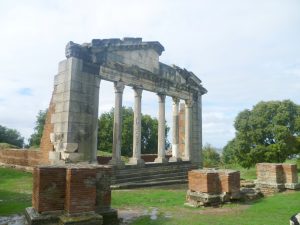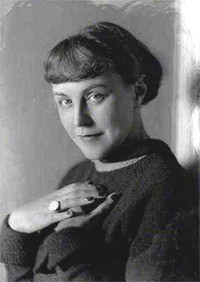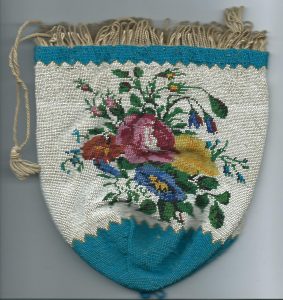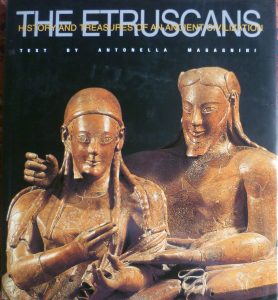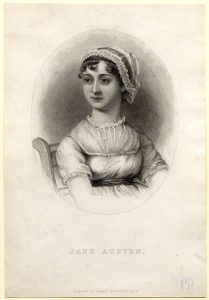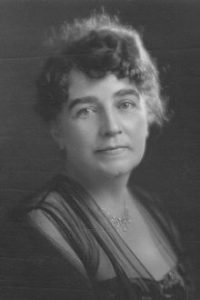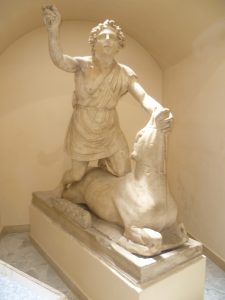Open House weekend in London happens once a year, in September; when all sorts of buildings which you can’t usually see inside, both public and private, are open to the public – for free. This year, my niece and I decided to visit the tomb of Sir Richard Francis Burton (1821-1890), Victorian explorer, soldier, linguist (he spoke at least forty languages), scholar and prolific author and translator who had long been a hero of mine.
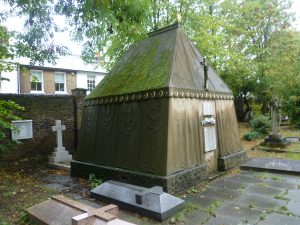
Sir Richard Burton’s tomb in the churchyard of St Mary Magdalen’s in Mortlake
Continue reading Sir Richard Burton’s Arab Tent tomb
Please share this page...
